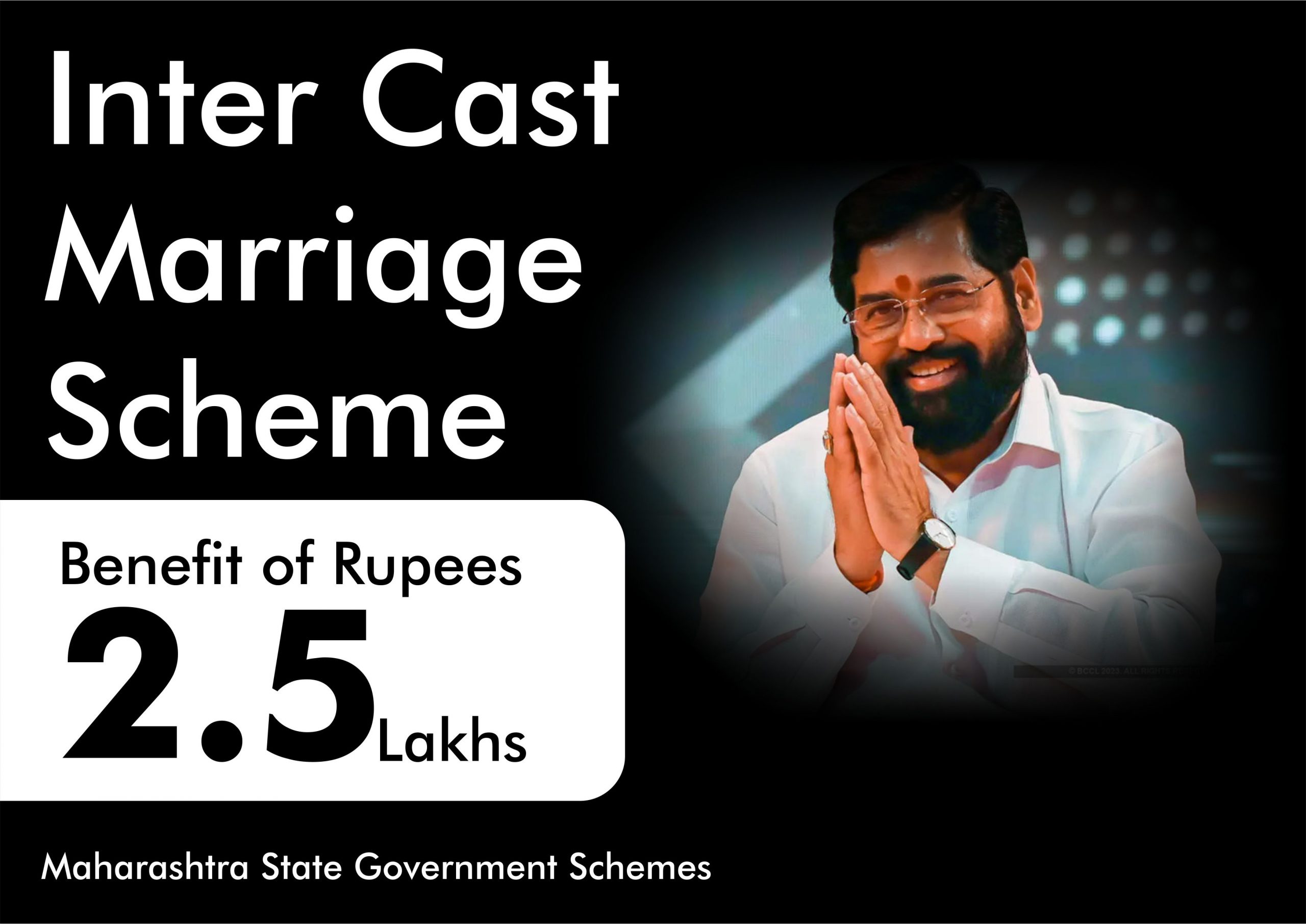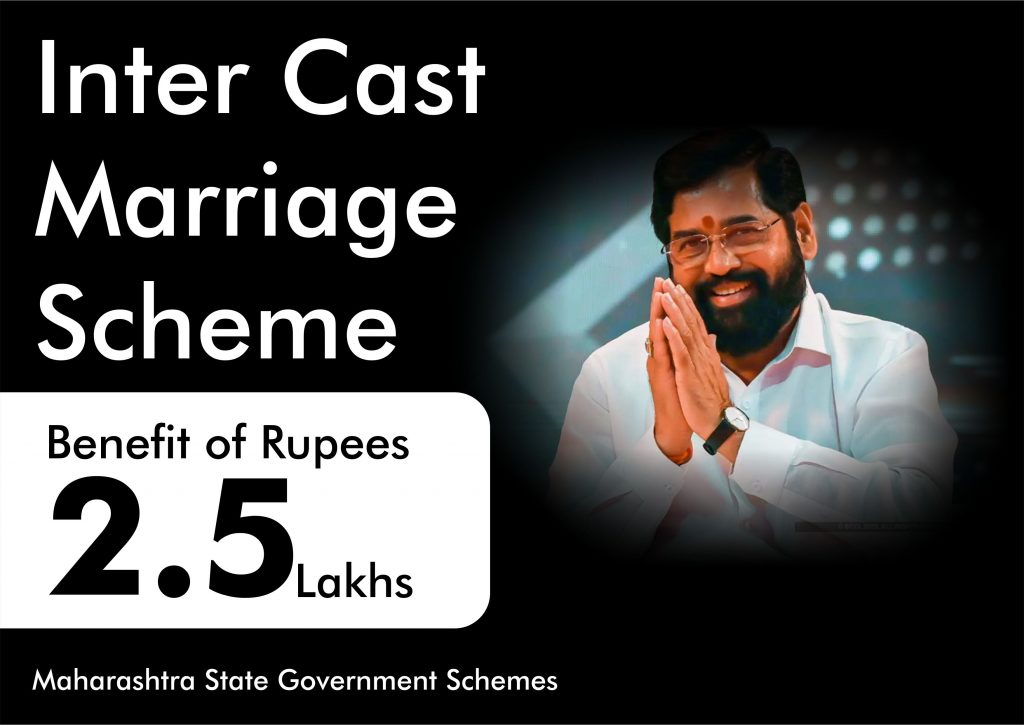Inter Caste Marriage Scheme | Benefit of…
About Inter Cast Marriage in India India recognizes marriages between people from different caste backgrounds…
Trustindex verifies that the original source of the review is Google. If you're looking for a competent and reliable Criminal Lawyer in Pune, Trident Legal is the way to go. They handled my case with utmost professionalism.Trustindex verifies that the original source of the review is Google. Best Legal services in PuneTrustindex verifies that the original source of the review is Google. gives good guidance in legal matters....Trustindex verifies that the original source of the review is Google. These lawyers are very good and help very wellTrustindex verifies that the original source of the review is Google. Provides best marriage registration service in pune


India recognizes marriages between people from different caste backgrounds as intercaste marriages, which challenges the old system that divided people based on castes (similar to social classes). Even though the Constitution of India declares everyone equal, caste still contributes significantly to division in India.
To understand why interracial marriages can be complicated, let’s look back in history. Caste has been a part of Indian culture for a long time. Caste divides people according to their occupation and family background – marrying someone from your own caste has often been seen as a way to keep traditions alive.
But when people of different castes marry, they have to face many difficulties. One such difficulty is when people treat them unfairly because they do not follow old traditions and do not follow old rules; As a result families and communities may stop talking to each other or become hostile towards them.
Legal challenges also arise. Under the Special Marriage Act, people can marry anyone regardless of caste or religion; However, sometimes it can be challenging and lengthy to go through all the paperwork to actually get married this way.
People who marry outside their caste may often experience abuse from others. People may make fun of them or be cruel – this type of behavior can make people feel frustrated and sad. Even though inter-caste marriages have become more widespread in India, they still pose a lot of difficulties due to how people view them and the challenges they pose.
Indian society still considers marriage between people of different castes as wrong, even though the nation is progressing and gaining independence and rights. It comes from India’s longstanding caste system; When someone marries someone outside their caste it is seen as breaking centuries of rules; When this happens, people are afraid to visit family and friends as well as to keep cultural traditions alive.
There are also other factors that contribute to this difficulty, such as in India where wealth inequality exists and marriages may be arranged to ensure that families of the same caste and level of financial wealth get married through marriage. Join together.
However, there is some hope. People’s perceptions about this matter are slowly changing; Young people in particular are becoming more open to marrying someone from a different caste due to learning about different cultures, moving to cities, and getting better education; There are also laws that enable couples to marry without worrying about caste issues.
Although the issue remains complex, India is making progress and more and more people will soon be able to choose a partner based on love and compatibility rather than caste. This would be a step towards creating a fairer society where everyone has equal access to be with the people they care about most.
In India, when people from different castes marry each other, it can help bring the country together and make people more united. The government is doing some good things, like the “महाराष्ट्र अंतरजातीय विवाह योजना “ to encourage these marriages. It’s important for individuals to pick their life partner because they love each other and get along well, not just because of their caste. But, there are still some problems and people who don’t like the idea. These government initiatives are steps in the right direction to make India a place where everyone feels included and happy together.
Overview for “महाराष्ट्र अंतरजातीय विवाह योजना ”
| Name of the scheme | Maharashtra Inter Caste Marriage Scheme |
| Objective | To eradicate caste discrimination and promote social harmony |
| Benefits | Financial Assistance of Rs. 3 lakhs |
| Eligibility criteria | At least 18 years old, one of them must belong to the SC, and it must be their first marriage |
| Documents required | Aadhaar card, caste certificate, income certificate, marriage certificate, bank account details, passport-size photographs |
| Application form | Download from the official website |
| Application process | Submit the form to the District Social Welfare Officer. |
| Official website | https://sjsa.maharashtra.gov.in/en |
The applicant / Married Couple should submit his/ her application personally in prescribed form to Concern District social welfare officer, z.p./ (for Mumbai City & Mumbai Upnagar Social Welfare officer, Bruhmumbai, Chembur) along with necessary documentary evidences.
The Process is not Online. The couple has to submit the form personally at the given office.
Intercaste marriage in India is an integral component of social change, and its origins lie within the Constitution adopted in 1950. This document establishes principles that encourage social justice, equality and eliminating any forms of discriminatory practices – which explains its significance when applied to inter-caste marriages in the country. We will outline relevant constitutional factors and provisions here that contribute to them.
The Hadiya marriage dispute was a landmark legal case in India, addressing crucial issues such as the right to choose one’s life partner, religious conversion, and the personal autonomy of adult women.
Background:
Hadiya, formerly known as Akhila Ashokan, was a Hindu woman from Kerala who converted to Islam and married Shafin Jahan, a Muslim man. Ashok KM challenged their marriage in court, alleging that Hadiya had been forcibly converted and married against her will. This case generated widespread interest and controversy, raising questions about religious freedom, women’s rights, and the role of the courts in personal decisions.
Legal Action on Both Sides:
The case involved multiple legal processes, each with significant implications:
Key Legal Principles Established:
Impact:
The case had a profound impact on India’s legal landscape, strengthening individual autonomy and personal choice in matters of marriage and religion, especially concerning women’s rights and religious freedom. It can be considered a historic victory for personal liberty and individual agency.
In conclusion, the case of Shafeen Jahan vs. Ashok KM – the Hadiya Marriage Dispute – exemplifies the evolving legal landscape in India, where individual autonomy, the right to choose one’s life partner, and the abolition of discriminatory practices take center stage. While the historical caste system still poses challenges to intercaste marriages, the Indian Constitution, with its principles of equality, freedom, and the eradication of untouchability, provides a strong foundation for change. The legal battle of Hadiya and Shafin Jahan serves as a beacon of hope, reaffirming the principles of personal choice, religious freedom, and gender equality in the face of societal norms. As India progresses, the acceptance of intercaste marriages signifies a step towards a more inclusive and equitable society, where love and compatibility transcend the boundaries of caste. Initiatives like the “Dr. Savitabai Ambedkar Marriage Scheme” further bolster this progress, paving the way for a brighter and more united future for the nation.
+91 820 890 9423
desk@tridentlegal.in
Flat No. 302, Kalunkhe Niwas, Khopade Nagar, Gujaewadi, Katraj, Pune - 411041
I was really impressed with Trident Legal and Advocate Nikhil Rathod. Even though they just started,
Trident Legal and Advocate Nikhil Rathod are really good at what they do. Even though they
I had a great experience with Trident Legal and Advocate Nikhil Rathod. Even though they are
Trident Legal, with Advocate Nikhil Rathod, is like a rising star in the legal world. I
I was lucky to work with Trident Legal and Advocate Nikhil Rathod. Even though they just
Trident Legal and Advocate Nikhil Rathod are really amazing! They helped me with legal stuff and
Trident Legal and Advocate Nikhil Rathod are like superheroes! They are really good at legal stuff
I wasn’t sure about Trident Legal because they are new, but they surprised me! Advocate Nikhil
I had the honor of working with Trident Legal and Advocate Nikhil Rathod. They were really
Trident Legal, led by Advocate Nikhil Rathod, is like a superhero in the legal world. Even

About Inter Cast Marriage in India India recognizes marriages between people from different caste backgrounds…